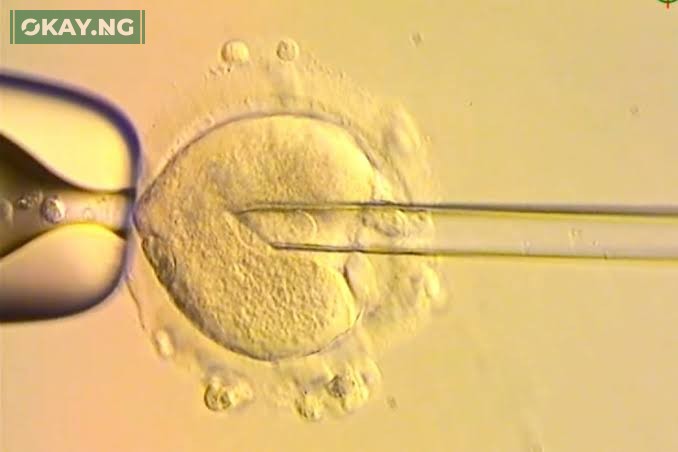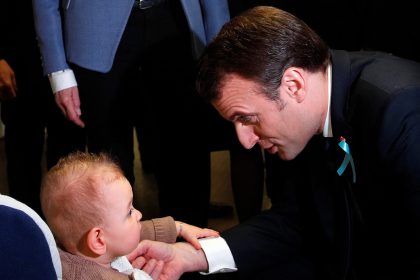A groundbreaking achievement in reproductive health has given renewed optimism to families facing the harsh reality of mitochondrial disorders. In the United Kingdom, eight babies have been born healthy thanks to a pioneering IVF method proven to significantly lower the risk of inherited mitochondrial diseases.
The children were all born to mothers who carried mutations in their mitochondrial DNA, a circumstance that carries the possibility of passing on a range of untreatable and often devastating conditions such as diabetes, muscle wasting, and impaired vision. Typically, these diseases affect roughly one in every 5,000 births and are notorious for being irreversible.
To address this, the UK in 2015 became the first country to officially permit a special kind of in vitro fertilisation combining a small portion of healthy mitochondrial DNA from a female donor with the genetic material of both biological parents. Although some have dubbed the result “three-parent babies,” experts clarify that just about 0.1% of the affected baby’s DNA comes from the donor.
The findings from this much-awaited British trial, published in renowned medical journals, confirm the effectiveness of this approach. According to the study, out of 22 women who underwent the therapy at Newcastle Fertility Centre, eight children—four boys and four girls—were delivered. The research reported a reduction in mutated mitochondrial DNA by as much as 95-100% in six of the babies, and a decrease of 77-88% in the other two, both below the threshold for the onset of disease.
Each of these children is currently thriving. Only one experienced an arrhythmia, which was promptly and successfully treated. Their continued health will be closely tracked in the years to come to assess any potential long-term effects.
Renowned reproductive expert Nils-Goran Larsson applauded the results as a true “breakthrough.” As he noted, this advance provides “a very important reproductive option” for families afflicted by these “devastating” diseases.
Despite its promise, the method continues to spark ethical debates, with several countries—including the United States and France—yet to approve its use. Some religious bodies criticize the process for involving embryo destruction, while others worry about the future implications for so-called “designer babies.”
A rigorous ethical review led by the UK’s Nuffield Council on Bioethics played a pivotal role in enabling this research, according to the council’s director, Danielle Hamm. Peter Thompson, who oversees the country’s human fertilisation authority, stressed that only those with a “very high risk” of transmitting mitochondrial disease qualify for the treatment.
French specialist Julie Stefann pointed out, “It is a question of the risk-benefit ratio: for a mitochondrial disease, the benefit is obvious. In the context of infertility, it has not been proven.”
Some remain cautious with Oxford’s Dagan Wells commenting, “Some scientists will be a little disappointed that so much time and effort has, so far, only led to the birth of eight children.”
Three children from the group have exhibited a poorly understood phenomenon called “reversal,” where the proportion of abnormal mitochondria increases unexpectedly after birth. This, experts say, underlines the need for ongoing research.
With the potential to relieve families of the genetic burden of mitochondrial disease, this development stands as a beacon of hope—though not without continued scrutiny and ethical consideration.
Okay.ng reports.







